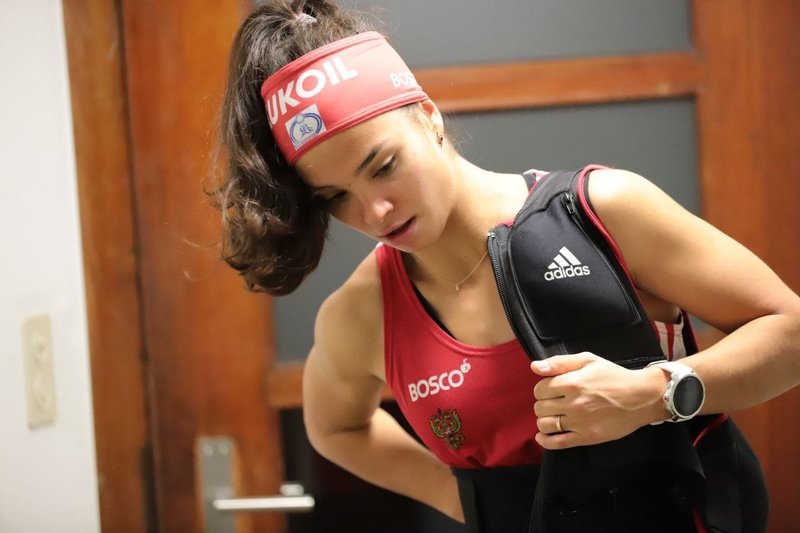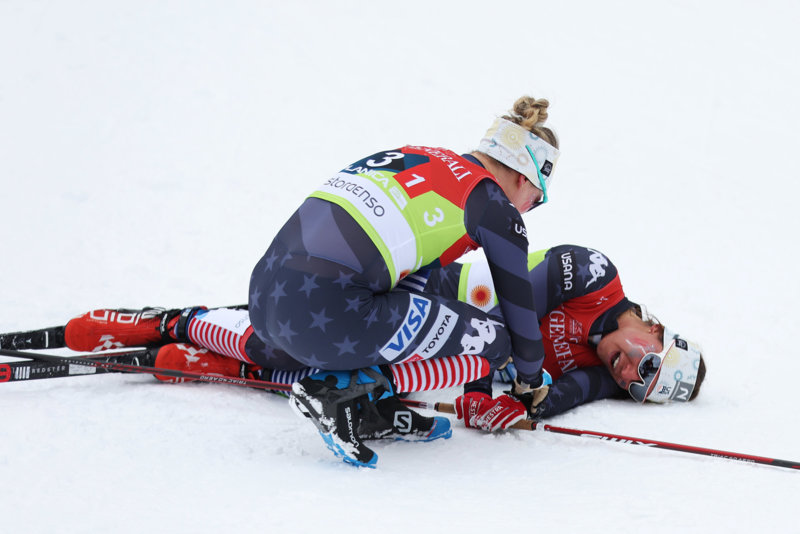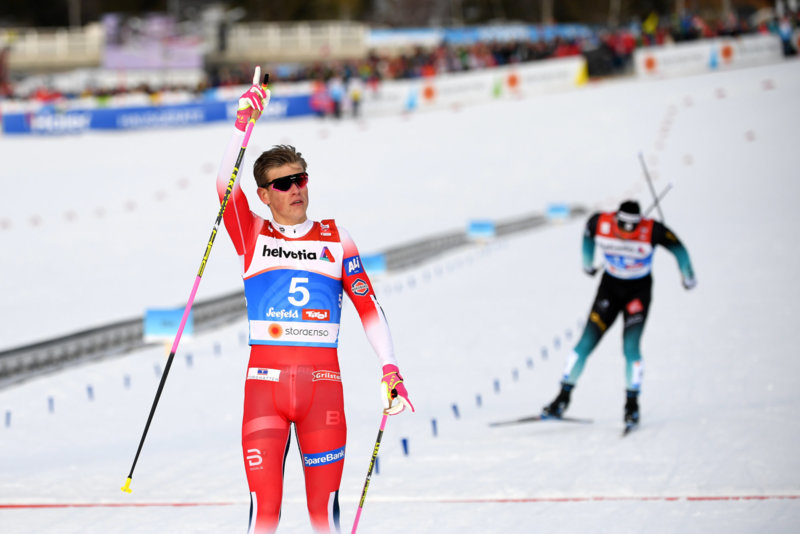Being a professional athlete is good. You do what you love and you get rewarded, shown on TV and even paid for it. There are no or very few (legitimate) ways to become financially independent from your parents at the age of twenty, to travel to many amazing places and meet interesting people!
That’s pretty much the tone of most of my social media posts, interviews, and public speaking. Yes, I like my work, I praise it and recommend it to young people. And I really think that’s the best way to achieve something in terms of moral satisfaction from life. Yes, and the material too, what to hide. But today I have a reason to write about the other side – about how it all came about. About pain and patience.
Pain is an athlete’s eternal companion. Every day we get up, wash up, eat breakfast and go hurt ourselves. After having lunch, we lie down to rest in order to get up with a heaviness in the whole body and again add pain.
The interest of sport in cyclic sports is to push your body into the “red zone”, to make it work as long as possible at maximum speed. At the same time, work effectively so that the movement technique does not “collapse”. Pain is a signal from the body that something is wrong and needs to slow down. The meaning of training is precisely to understand – do you have to surpass yourself, force yourself, or is it really too much and you have to stop?
We have strong muscle bodies, an elastic gait and a BMI (body mass index – “”), as advised by a doctor in a fashion magazine. Someone might think for a second: “Here she is, the modern incarnation of the ancient heroes!”
In some respects it is true: a person has evolved over millions of years, during all this time he had to be able to periodically force his body to the maximum in order to survive. I find myself thinking that athletes are the only part of humanity that lives like that now. Only we are not chasing a deer, but medals. And we’re not running away from cave lions and bears, but Norwegians and Swedes, ha!
I don’t know if the ancient heroes complained about life, but we always complain in the process! Ask Sorin: we “groan”, we “bang”, we try to convince the coach that everything is really bad this time and that we absolutely have to stop! The great wisdom of a coach is precisely to understand: is it really enough or “please stop whining!” For this, heart rate monitors, lactometers, devices for measuring body recovery, biochemical analyzes were invented … But all these indicators do not give an unambiguous answer to the question – can she add some more or is that all, is it time to stop? I haven’t seen athletes who don’t complain. And I can only imagine how the ‘computer’ in the coach’s head makes complex calculations: ‘What is his pulse? lactate ? Recovery by Whoop or Oura? Character – likes to complain out loud or endure to the end? Have you recently had an infectious disease?
Some people know how to drive way beyond the limit – see how Jesse Diggins always falls at the finish line. She writes a lot about this in her book, which I read slowly but slowly.
What Jesse doesn’t write about is that the pain at the end of a run often doesn’t go away. After the awards, doping control and TV interview, you don’t go to a cafe for a well-deserved piece of cake – you have another appointment with the team doctor. As we joke, professionalism in sports is when you master all the fashionable shockwave, laser, electromagnetic and other therapy devices. I recommend it, by the way. All seven that our doctor Anastasia Tikhonova has on hand and in action.
When Klebo decides to reveal that he has pain “in the area where the hamstrings attach the muscles of the right leg to the pelvis”, you know exactly what he is talking about. Such a thing can send you to the bench for an entire season or even forever. And when you read that Johannes can afford to order an American physiotherapist who specializes in recovering from such injuries, you really envy him, only the most successful athletes can afford such a narrow specialist.
There is another aspect of pain that I would like to mention. I’ve always thought of sports as a show – apparently all the drama on the lawn, on the ice, in the ring, on the skis is part and parcel of the show. Perhaps the most popular part – somehow I’ll try to clarify. No wonder they are so popular with broadcast operators and producers. In cross-country skiing, television only likes massive blockages on the track. As a friend of mine jokes, “the only chance to get on the show is to fall beautifully”. Alas, falling at a speed of 50 km/h is almost guaranteed suffering. If it’s also about ratings, it’s better for everyone who dreams of a professional sports career to understand this as soon as possible. And accept.
You dear fans enjoy watching, and it’s time for me to move on to the next session. Indiba – you are a thing, but it would be better not to know you.
***
Watch live broadcasts of the Russian Ski Championship in Tyumen on the TV channels of the group, as well as on the matchtv.ru and sportbox.ru websites.
Source : MatchTV
I am Sandra Jackson, a journalist and content creator with extensive experience in the news industry. I have been working in the news media for over five years. During this time, I have worked as an author and editor at various outlets producing high-quality content that attracts readers from different demographics.





